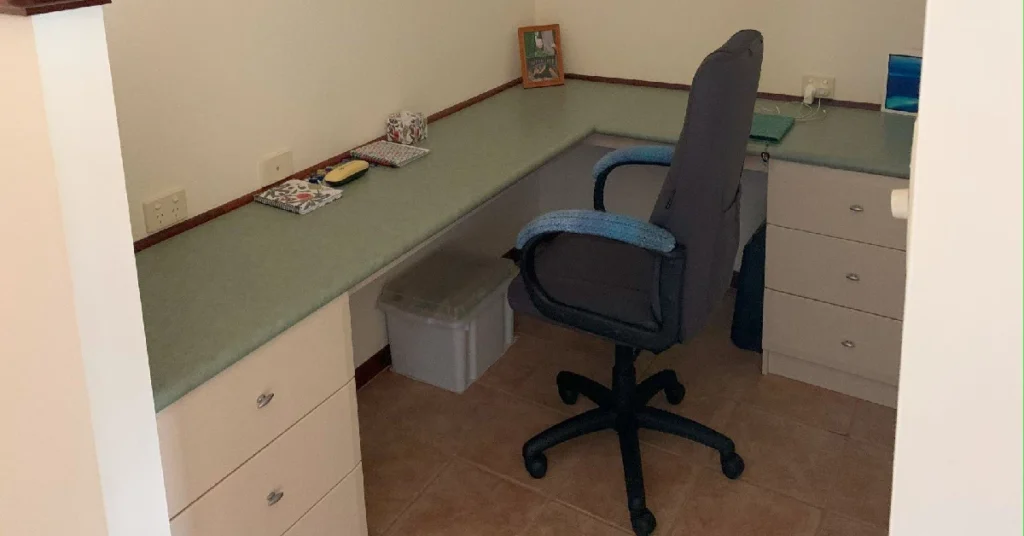Why Cover Letters for Tenders Are (Largely) a Waste of Time — and What to Do Instead
Picture this.
It’s 11 p.m. on submission night. Your team has just spent three hours rearranging adjectives in a one‑page cover letter that nobody can agree on. The financial model still has red cells, and the risk matrix hasn’t been proof‑read. Yet the bid room is silent except for the tap‑tap of someone polishing that “Dear Evaluation Panel” opener. Sound familiar?
Most of us were taught that a warm, persuasive cover letter sets the tone of a tender. In reality, modern procurement has become a spreadsheet sport. Evaluators score against matrices, not manners. That’s why veteran assessment panels admit they skim or skip cover letters altogether — unless the RFx explicitly says the page is scored, it quietly becomes dead weight.
How We Got Stuck in the Cover‑Letter Trap
-
Legacy muscle memory. In the pre‑eProcurement era, personable letters mattered. The myth simply lingered.
-
Comfort work. Crafting pleasantries feels safer than grappling with compliance tables or pricing models.
-
Politeness panic. Teams worry that omitting a letter will look rude. Yet every buyer we interview ranks “clarity” and “evidence” above etiquette 10 times out of 10.
Add the emotional cocktail many bidders live with—anxiety about missing strategic contracts, fear of leadership judgement, and the nagging worry that a rival is “doing something smarter.” and you have the perfect recipe for misplaced effort.
The Real‑World Cost of Polishing Unscored Pages
Instead of a tidy morals lecture, let’s meet Alex, a bid lead at a medium‑sized facilities firm.
-
First public‑sector tender.
-
18 questions worth a combined 100 points.
-
Cover letter worth 0 points.
Alex spent six billable hours drafting, circulating, red‑lining and re‑drafting the letter. That same six hours could have:
| Re‑allocated Time | Likely Uplift |
|---|---|
| Tightening the method statement | +5 – 8 scoring points |
| Triangulating reference projects | Converts “medium” to “high” confidence |
| Running one last fatal‑flaw check on the pricing workbook | Removes risk of arithmetical knockout |
Result? The submission fell two points short of the winner—points the team later traced to an under‑developed methodology answer.
What Evaluators Actually Read First
Compliance matrix / returnable schedules
-
Executive summary (when explicitly requested)
-
Scored questions (capacity, methodology, pricing, risk)
Linked evidence (CVs, case studies, certificates)
Notice what they don’t mention? The narrative cover letter.
If the RFx Forces You to Include One
Sometimes a Form of Offer or Letter of Tender is mandatory. Treat it as a legal formality:
-
Legal entity + tender number
-
One‑sentence offer statement
-
Authorised signature + date
Half a page is polite and sufficient.
Three Narrative‑Rich Alternatives That Earn Points
-
Value‑Gap Storyboard. A single‑page diagram mapping buyer pain points to your quantified outcomes. Evaluators grasp it in seconds.
-
Risk‑Reversal Mini‑Case. Two paragraphs telling how you mitigated a similar risk for another client—anchored in data, not adjectives.
-
Evaluator‑Ready Headings. Mirror the exact language of the criteria so the panel can “score as they read.” These small cognitive kindnesses reduce their fatigue and boost your marks.
Each speaks to the panel’s biggest away‑from fears—non‑compliance, wasted time and public embarrassment—and their toward desires—confidence, validation and an easy‑to‑defend recommendation.
Emotional ROI: Turning Stress Hours into Score Hours
Teams that drop the cover‑letter theatre report lower last‑minute panic, fewer internal disputes and, unsurprisingly, higher win‑rate confidence. By stripping out unscored work you directly tackle the five worst negative drivers in bidding—anxiety, frustration, self‑doubt, fear of judgement and panic—while freeing bandwidth for the activities that do elevate scores.
Key Takeaways
| Do | Don’t |
|---|---|
| Follow the RFx instructions to the letter (no pun!). | Assume a friendly narrative influences marks. |
| Invest effort where the scoring matrix lives. | Spend scarce hours “perfecting” an unscored page. |
| Use data, visuals, and buyer‑language headings. | Bury proof in appendices no‑one hunts for. |
Final Word
Cover letters aren’t evil—they’re just irrelevant in criteria‑driven tendering. Treat them as a 60‑second formality and reinvest every spared minute in answers that move the needle.
Craving more straight‑talk bid advice? Subscribe to The Bidbuddy Bulletin for fortnightly, no‑fluff strategies that help you win work—without the midnight melodrama.












